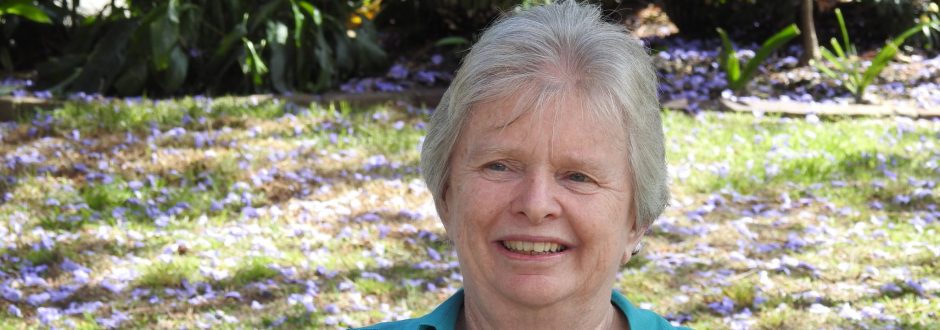I am challenged daily by what our Western world portrays as important in the human endeavour, writes Good Samaritan Sister Clare Condon.
BY Clare Condon SGS
For Christians, the season of Lent has come quite early this year. In the few days before Ash Wednesday, I was considering what discipline I would undertake during this period when the Church invites us to become more attuned to Gospel living.
During the January holiday period I had resolved to forego television during the six weeks of Lent. That resolution was motivated by the constant bombardment of sponsorship messages and advertisements during the summer sports of tennis and cricket. Obviously not a great motivation on my part, but I felt my home space was constantly being invaded by a commercialisation that I reject.
Then, last week, the Australian Crime Commission’s report on organised crime and drugs in sport hit the media with a vengeance. It was described as “the blackest day for Australian sport”. It seemed to me that the media outlets screaming out the loudest were those who benefit most financially from the business and commercialisation of sport, particularly the various codes of football which are about to commence their next seasons.
Professional sport can hardly be called sport any more. The players are treated like commodities or products for sale. The language used within sporting cultures and beyond conveys this well. How often do we hear of players being bought and sold? So-called elite sportsmen are challenged to drive their bodies harder and harder to get the edge on their competitors. This is brutal commercialisation and not sport. When will it reach its peak? There seems to be little respect for the person and for human dignity in this drive. At times, it borders on abuse of athletes for the commercial interests of sponsors and the media.
At the opposite end of the scale, a few days after the release of the Crime Commission’s report, the media frenzy focused on the news of Pope Benedict XVI’s resignation. For many it was ‘a bolt out of the blue’. It was a frenzy of a very different flavour.
On the whole, various media responses were expressing an attitude of respect for the courage and dignity of a simple human being who did a superhuman task. Benedict explained that due to the limitations of health and age, he could no longer continue to undertake the responsibility of his calling. This is in stark contrast to how elite sportsmen are feted. One letter to the editor in the Sydney Morning Herald alluded to the simplicity of the man – no golden handshake, no superannuation package, a future life of prayer and study.
I am challenged daily by what our Western world portrays as important in the human endeavour. For its own purposes, the commercial media presents superstardom, super sportsmen and commercial success as the goals of our human existence. I believe this underlies the drivenness that professional sport takes now. It is a no-holds-barred approach for there can be only one prize and that is to be the winner. Such an approach leaves itself open to corruption as the boundaries are pushed. The law becomes the controller, not a moral conscience.
One of Benedict XVI’s great writings is his encyclical Caritas in Veritate (Charity in Truth) in which he addresses “the challenges of an increasing globalised world: the growing gap between the poorest and the richest, consumerism focused on ‘having more’ rather than ‘being more’, a financial crisis born of a morality that is not centred on humanity, and the search for a way of using earth’s resources wisely and economically” (Catholic Commission for Justice and Peace).
The resignation of Benedict XVI, now followed by the prospect of a papal election at Eastertime, has re-directed my focus for this Lenten journey. I am inclined to be more positive in my approach. Rather than having a break from television, I would do better to apply myself to earnest prayer and discipline in a way that emphasises the quality of “being more”, and rejoicing in the wonderful gift of my humanity in this time of the Resurrected One.
